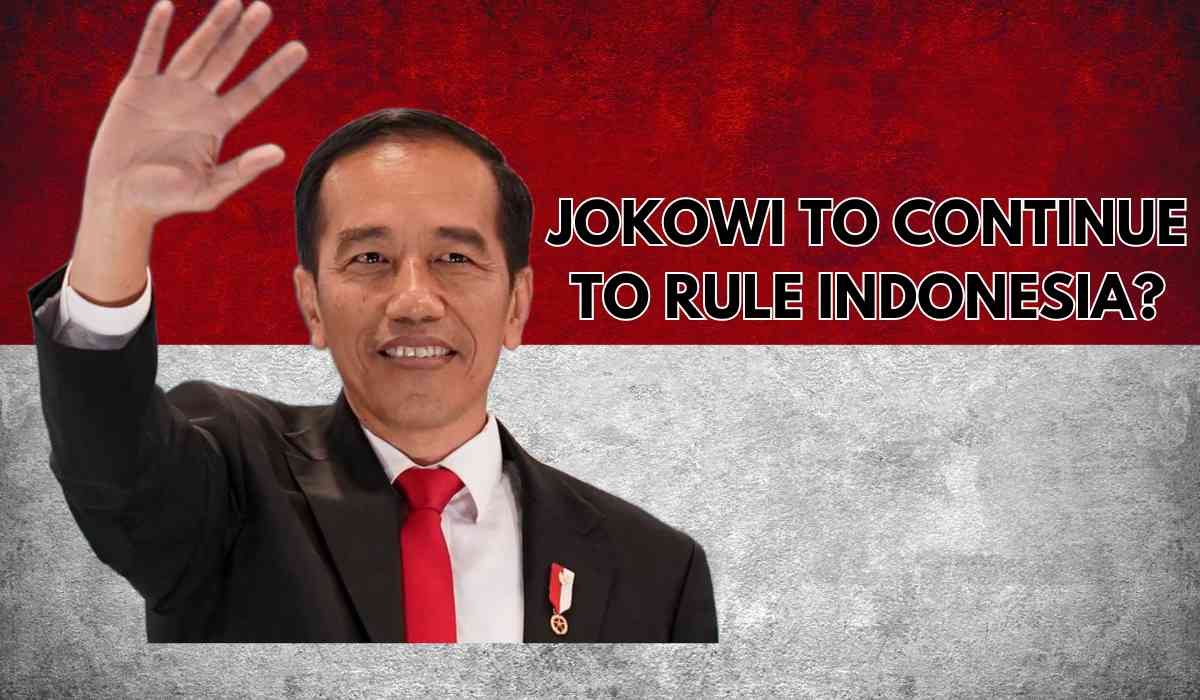Indonesia has commenced its fifth presidential and legislative elections since emerging from dictatorship in 1998, with nearly 205 million eligible voters heading to the polls to elect a new president and some 20,000 other public officials. The sprawling archipelago, home to over 270 million people from 1,300 ethnic groups spread across 17,000 islands, stands out as a beacon of democracy in Southeast Asia, a region marked by diverse political landscapes ranging from authoritarian regimes to nascent democracies.
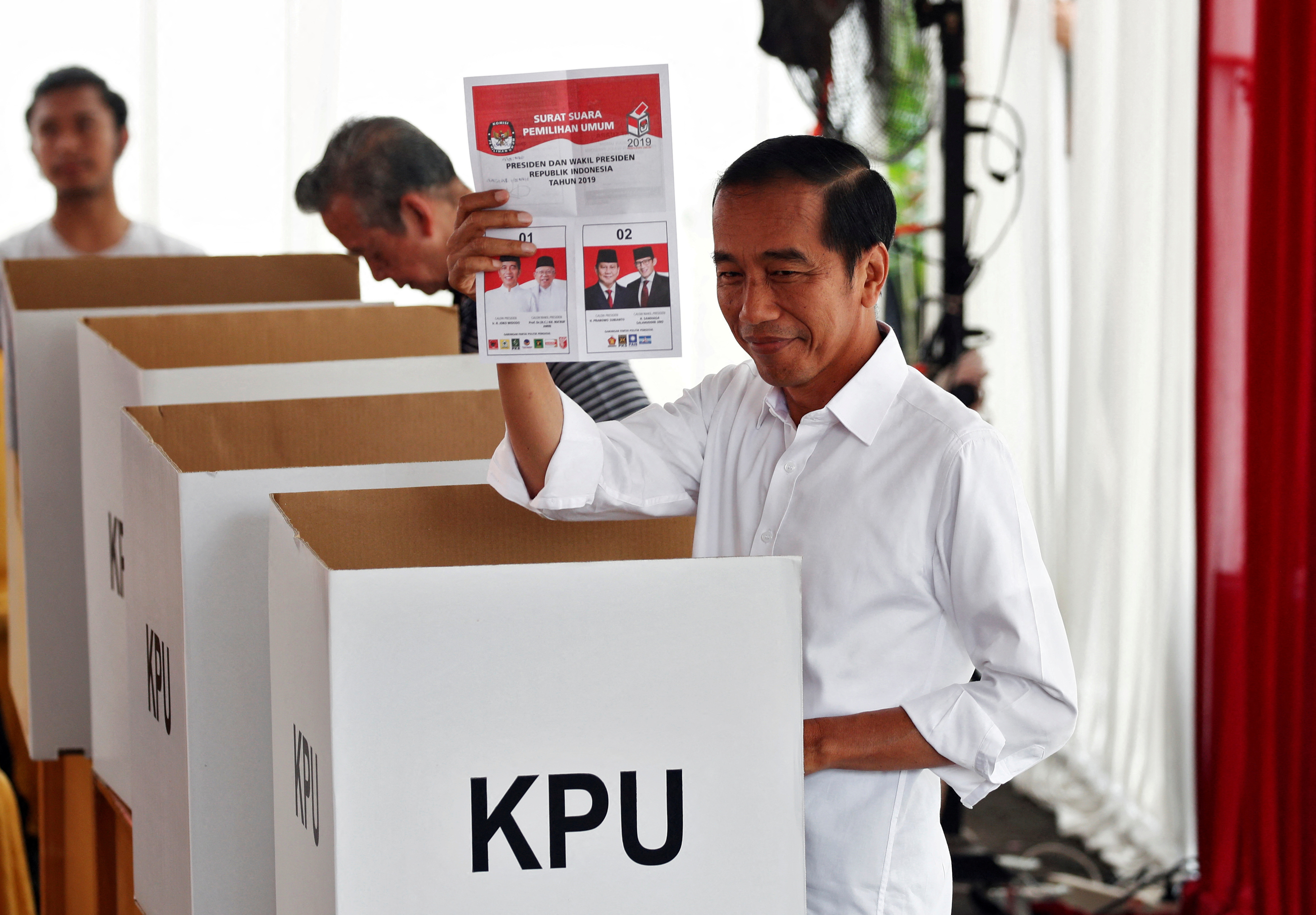
Image Source: Reuters
The Stakes in the Election
The presidential election will decide the successor to President Joko Widodo, affectionately known as 'Jokowi', who is currently in his final term. The election is shaping up as a three-way contest between current Defense Minister Prabowo Subianto and two former governors, Anies Baswedan and Ganjar Pranowo. A runoff between the top two candidates will be held on June 26 if none secure more than 50% of the votes in the initial round.
Tens of thousands of candidates are competing for roughly 20,000 national, provincial, and district parliamentary positions. Parties must include a woman in at least every third position in their party list, and they need a minimum of 4% of votes nationally to qualify for parliamentary representation. Additionally, a party or coalition must control at least 20% of seats in the national parliament to nominate a presidential candidate.
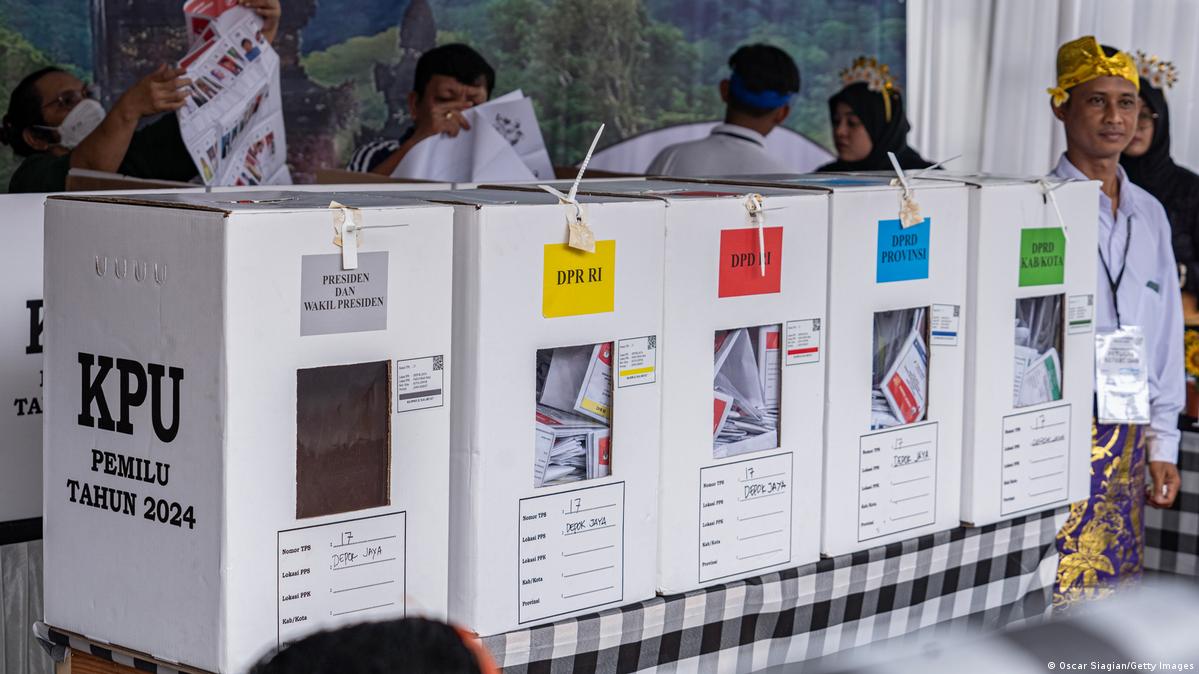
Image Source: DW
How Does Indonesia's Election Work?
Any Indonesian citizen aged 17 or older is eligible to vote, except for members of the police and military. This year, approximately 52% of registered voters are under 40 years old, with a significant youth vote that candidates are actively targeting through social media campaigns.
Over 820,000 polling stations across Indonesia's three time zones are open for voters, with polls operating from 7:00 a.m. to 1:00 p.m. and overseen by around 7 million election officials and independent workers. Indonesians living overseas have been able to vote since February 5 at 3,000 polling stations in multiple countries or by mail.
Once inside a voting booth, voters must navigate five ballots simultaneously to select one of three pairs of presidential and vice-presidential candidates, as well as representatives at various governmental levels, making Indonesia's election process one of the most complex globally. Votes are counted publicly at polling stations.
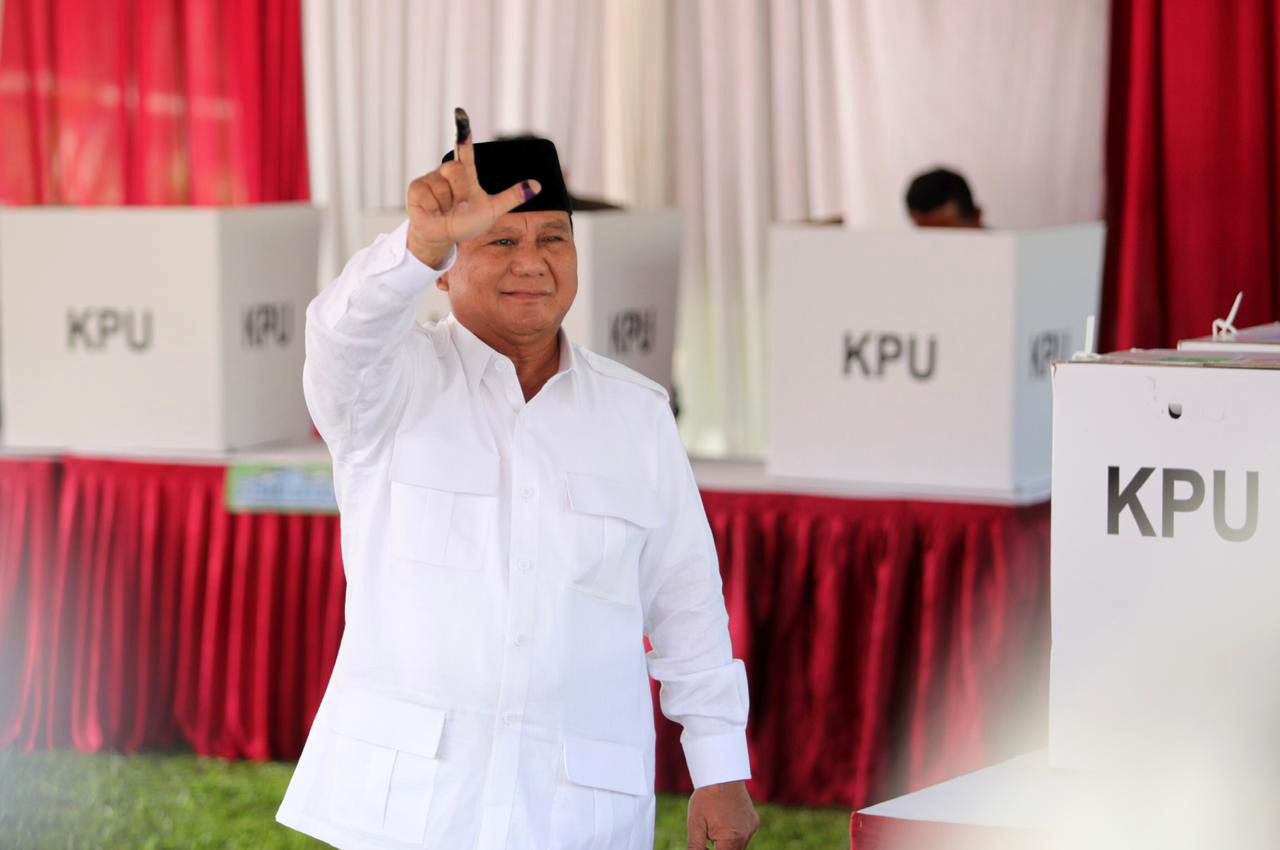
Image Source: The Jakarta Post
The Complexity of the Election
Indonesia, spanning a distance equivalent to New York to London, is the world's largest island chain and the fourth most populous nation, with nearly 90% of its population being Muslims. Its strategic location and membership in international organizations such as the United Nations, G20, and ASEAN give it significant geopolitical importance, making its political stability crucial for regional peace and stability.
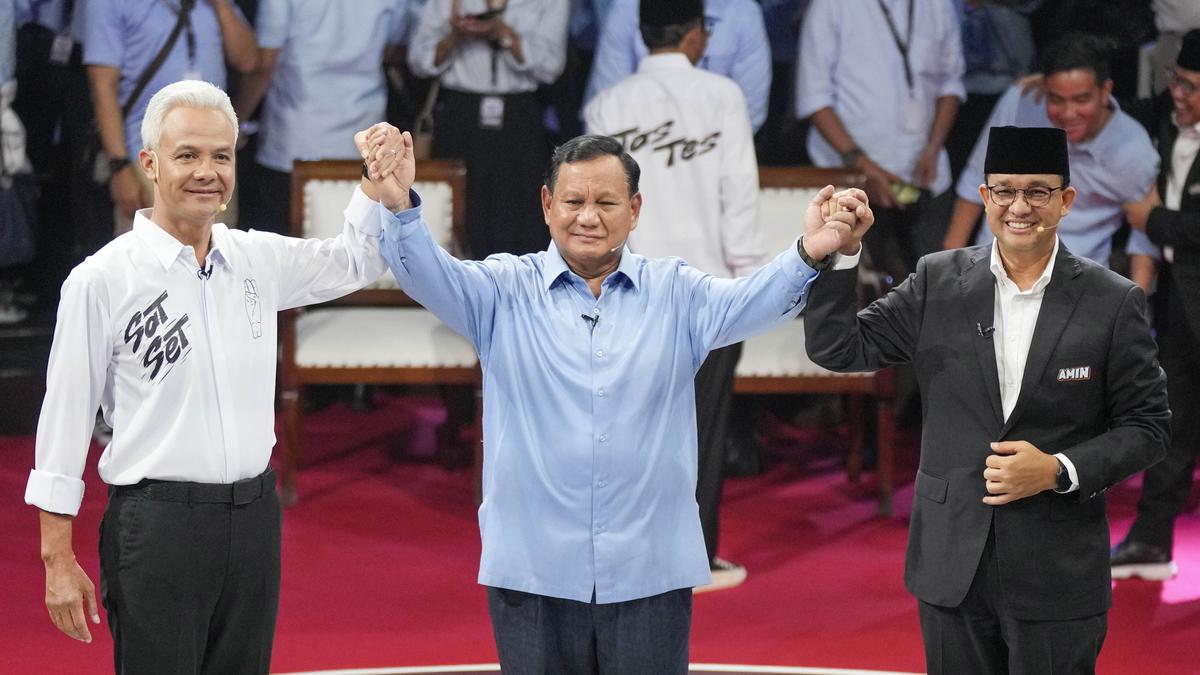
Image Source: The Hindu
Widodo's Role in the Election
Concerns have arisen in civil society regarding Widodo's post-office influence, with activists and academics questioning democratic standards in Indonesia. Criticism has mounted over Widodo's lack of neutrality, particularly after endorsing front-runner Subianto, who has chosen Widodo's son as his running mate. Widodo has distanced himself from the Indonesian Democratic Party of Struggle, under which he ran in previous elections, following the party's nomination of Ganjar Pranowo and former security minister Mohammad Mahfud as presidential and vice-presidential candidates.
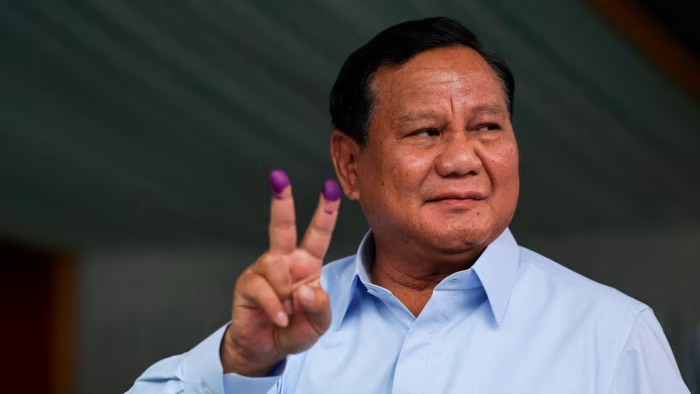
Image Source: Financial Times
The Likely Winner of the Presidency
With three presidential candidates, the electoral rules require a candidate to win at least 50% of the national vote and a minimum of 20% in each province to avoid a runoff. Polls indicate that Subianto and his running mate, Gibran Rakabuming Raka, are likely to win the first round, but whether they will secure enough votes for an outright victory or face a runoff remains uncertain. Observers believe that undecided voters will play a crucial role, with approximately one-fifth of Indonesians falling into this category according to late December surveys.
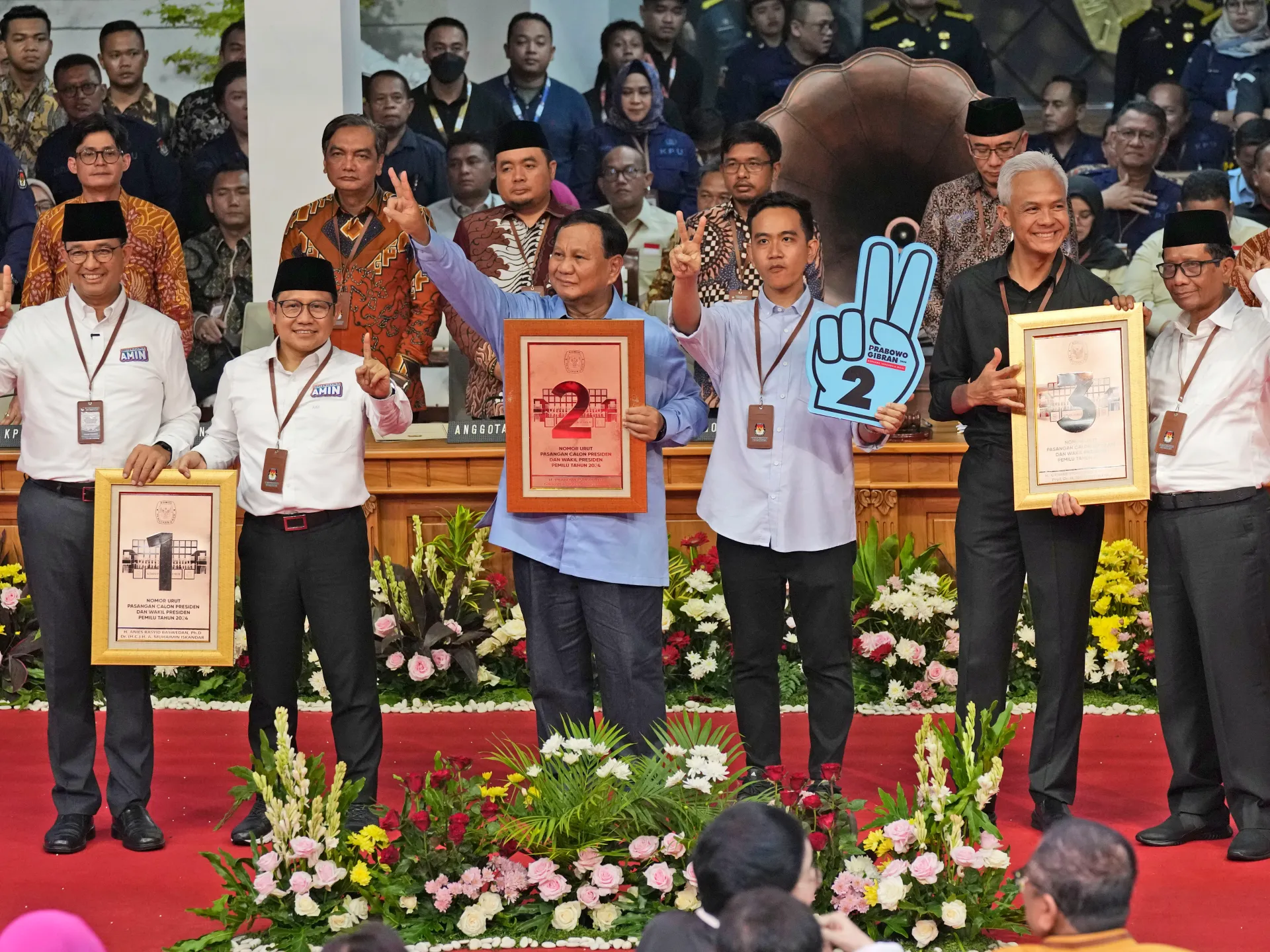
Image Source: Al Jazeera
When Are Results Expected?
The official vote-counting process, which can take up to 35 days, is regulated by the Elections Law. However, early vote count results based on sampling, known as a "quick count," are expected to provide a reliable indication of the final outcome. Registered private polling and survey groups will deploy thousands of volunteers and staff to polling stations nationwide to conduct these early counts, with results likely to be available before the official count is completed.
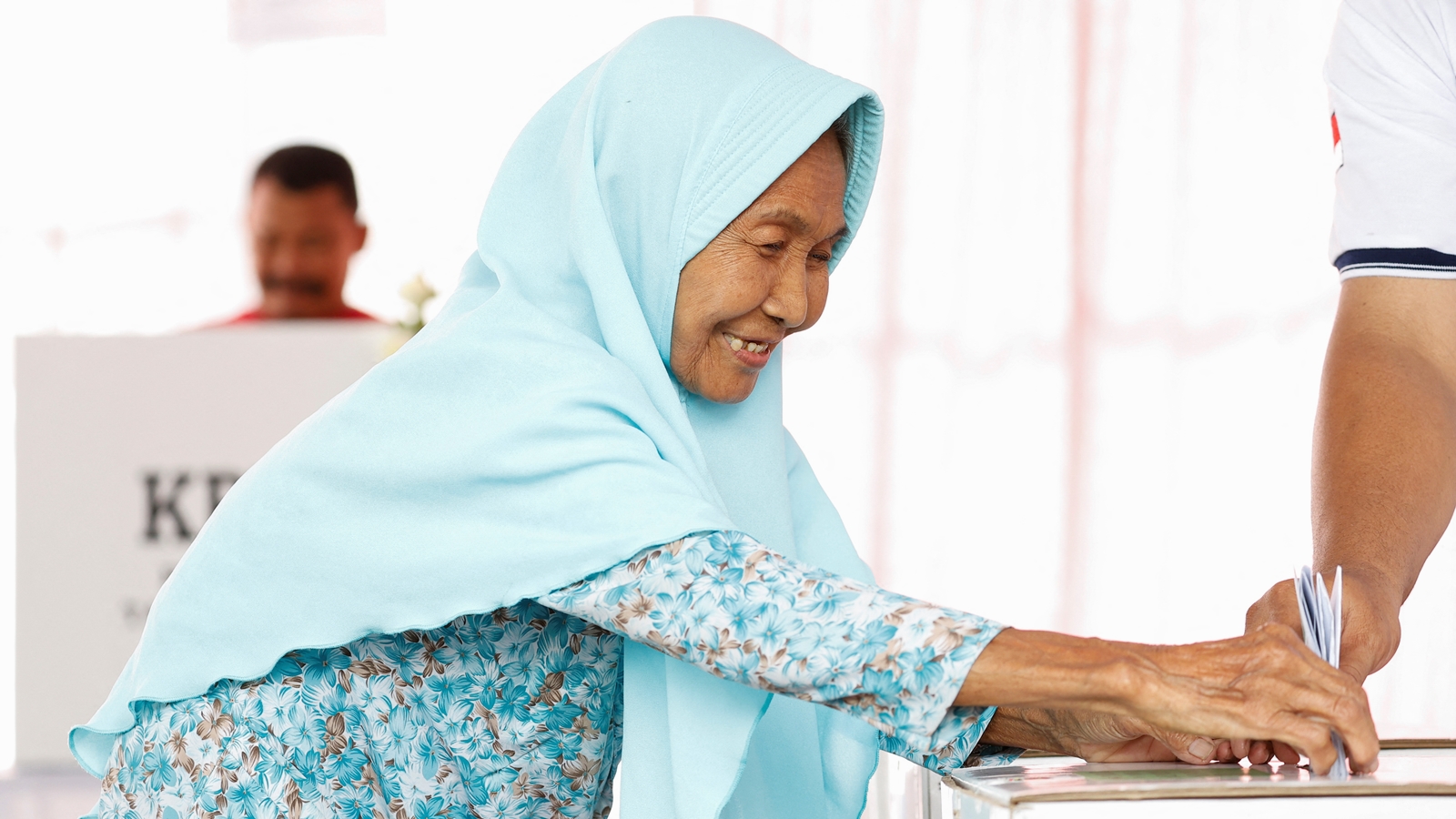
Image Source: The Indian Express
Top updates:
1. Three-Way Contest for Presidency
The Indonesian presidential election unfolds as a captivating three-way race, featuring former General Prabowo Subianto in his third bid for the top position, alongside former Education Minister and Jakarta Governor Anies Baswedan, and former Central Java Governor Ganjar Pranowo. The pivotal threshold for victory requires a candidate to secure over 50 percent of the votes. Failure to meet this criterion will prompt a runoff between the top two contenders on June 26.
2. Polling station updates:
In Jakarta, it's 2 pm (07:00 GMT), and here’s a swift summary:
-
Millions of Indonesians have cast their votes in what promises to be a transformative election.
-
Polling stations across the nation's three time zones have closed, with those in the central area set to close shortly, followed by the remainder in two hours' time.
-
Despite challenges like rain and flooding, particularly in Java, the electoral process unfolded smoothly overall.
-
As the ballots are tallied, preliminary results from "quick counts" will soon emerge, offering insights into the eventual outcome.
3. Subianto Leads in Early Results
-
According to unofficial figures from independent pollster Indikator Politik, Prabowo Subianto is leading with 59.77 percent of the votes, based on 23.30 percent of ballots counted.
-
Anies Baswedan and Ganjar Pranowo trail behind with 23.51 percent and 16.72 percent respectively.
4. Post-Election Procedures
-
The new president of Indonesia will be inaugurated in October.
-
A candidate must secure 50 percent of the overall vote and at least 20 percent of votes in each province to win.
-
If no candidate meets these thresholds, a runoff between the top two contenders will be held on June 26.
-
Political parties must secure 4 percent of the vote to enter parliament.
5. Other Contestents
-
Apart from the presidency, 10,000 aspirants from 18 political parties contested 580 national parliament seats.
-
Tens of thousands of candidates are competing for some 20,000 national, provincial, and district parliamentary posts.
6. Prabowo's Strong Lead
-
Defense Minister Prabowo Subianto holds a significant lead in the presidential poll, according to unofficial results.
-
Voter turnout appears high, with over 200 million people registered to vote across Indonesia.
-
Despite challenges like heavy rain and flooding, voters showed enthusiasm for the election.
The outcome of the Indonesian presidential election is eagerly awaited, with the future direction of the country hanging in the balance.
(With inputs from agencies)
© Copyright 2024. All Rights Reserved Powered by Vygr Media.

